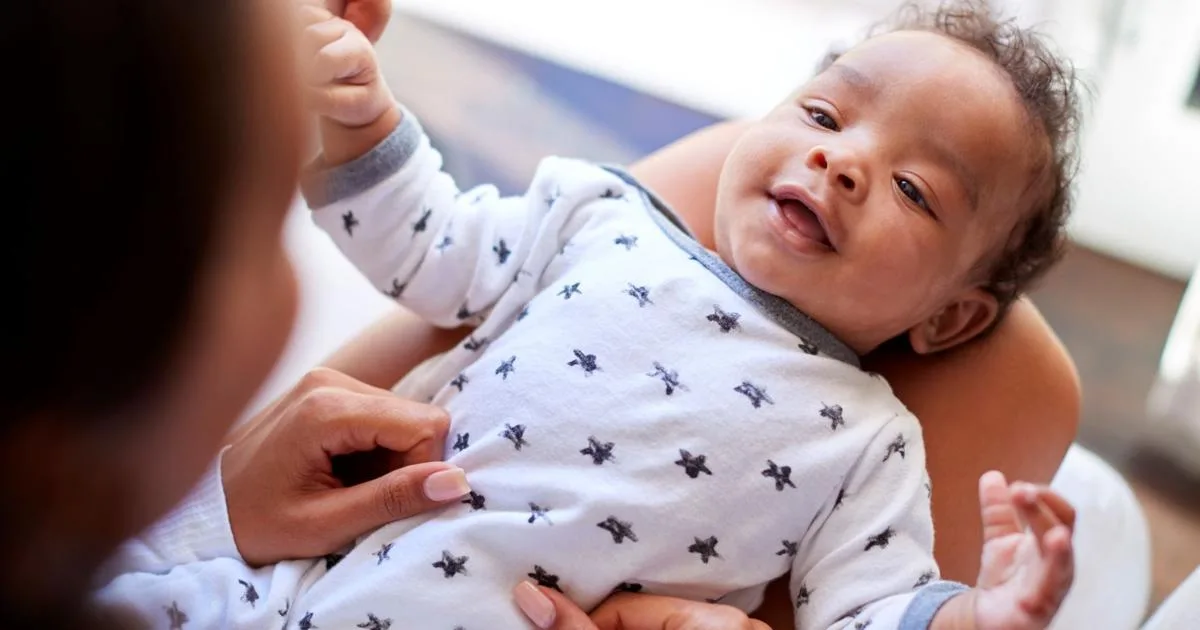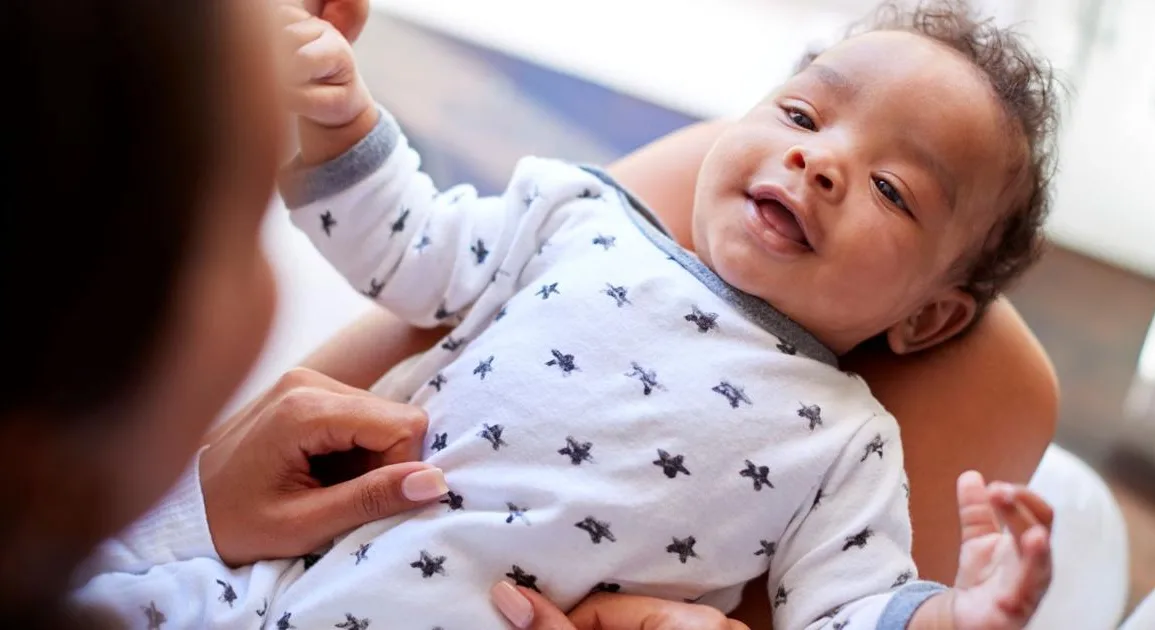
This week, our departments join the nation in observing Black Maternal Health Week (BMHW).
BMHW — April 11-17 — is a time to raise awareness about the disparities in maternal health outcomes experienced by Black women in our community and across the country. It’s also an opportunity to celebrate the strength and resilience of Black mothers and the vital role they play in our society.
The statistics tell us one part of a story. They paint a stark picture of the racial disparities in maternal health outcomes in our country. The data reveals that white bodies survive labor at three times the rate of Black bodies. This is not a reflection of biological differences, but rather a testament to the systemic inequities that permeate our health care system.
The story the data narrates is that our systems are protecting white babies from low birth weight and white mothers from preterm birth at more than twice the rate that they protect Black families. These disparities are a direct consequence of the historical and ongoing racism that has shaped institutional structures and practices.
People are also reading…
It also tells us that 4 out of 5 pregnancy-related deaths in our country are preventable. Yet, these preventable tragedies disproportionately affect Black and brown communities, highlighting the urgent need for equity in maternal care. We honor and mourn the lives we’ve already lost to these disparities. We hold in our hearts Christine Fields, Tori Bowie, Chaniece Wallace, Shalon Irving, Kira Johnson, and each of the other 1800 Black/African American mothers, sisters, doctors, friends we lose every year to maternal mortality.
This Black Maternal Health Week, as we honor the women we’ve lost, we also want to write another part of the story. Amidst the grief and struggle, there is also profound beauty and resilience to be found.
We want to celebrate the miraculous ability to create life in our wombs. This power is a testament to the strength and wisdom of our bodies. We want to tell the story of community resilience and vigor. When systems fail us, it is the love and solidarity of our communities that sustain us.
We tell the story of the joy and connection we feel when, after three long trimesters and hours of painful labor, we finally get to experience embracing that newly born little person against our chests. We celebrate the moments of feeling those little fingers wrap around ours, of hearing a first giggle, of feeling amazed at our bodies’ capabilities, of being able to shift and to nurture and sustain ourselves as well as another whole human.
We celebrate our grandmothers and great grandmothers, our communities and villages that support us throughout our pregnancy and parenting journeys. Their wisdom and love are the foundation upon which we build resilience and strength.
We also celebrate the ability we have to create innovative, collaborative systems that will powerfully protect Black lives with equity and justice. We commit ourselves and our institutions to breaking down the racism that has brought us to this point, dismantling systems that only work for a chosen few, and assembling in their place a cooperative effort to usher in respectful, safe, culturally congruent, patient-centered, innovative health care of the highest quality.
Our vision is a health care system that recognizes and addresses the unique needs of Black communities, and that prioritizes healing, empowerment, and recovery over punishment and stigmatization.
We are fighting for reproductive justice in St. Louis. Put simply, reproductive justice is the right to have a child, the right to not have a child, and the right to raise your children in safe and healthy environments. It is the fundamental right of every individual to have autonomy over their own body and to access the resources and support they need to make informed decisions about their reproductive health.
We are working together to improve access to birth workers, that is, midwives and doulas and community health workers supporting our moms during pregnancy, labor, and in the postpartum period.
St. Louis County Department of Public Health is also working in conjunction with St. Louis City Health Department, local hospitals and several community organizations to provide support to expecting and new parents through home visiting programs, safe sleep materials and education, improved health literacy and access to whole and nourishing foods and vitamins during this vulnerable period, and awareness of perinatal mood disorders as well as access to mental health care.
Our goal is to see all St. Louis families thrive during and after pregnancy, and to celebrate 100% of our St. Louis area babies’ first birthdays.
This Black Maternal Health Week, we want to honor those who came before us. We want to honor our bodies, these amazing vessels that create and sustain new life. Our bodies, in their strength and resilience, embody the fierce love and determination of generations of Black women who have fought for reproductive justice and maternal health equity.
For our babies, for our partners, for our mothers and grandmothers and all the women who fought for us to be here, that love belongs to us. That love, and the legacy of struggle and triumph that brought us here, is the driving force behind our work to transform the systems that have failed us in the past.
Cunningham is director of the St. Louis County Department of Public Health. Davis is director of health for the city of St. Louis.


